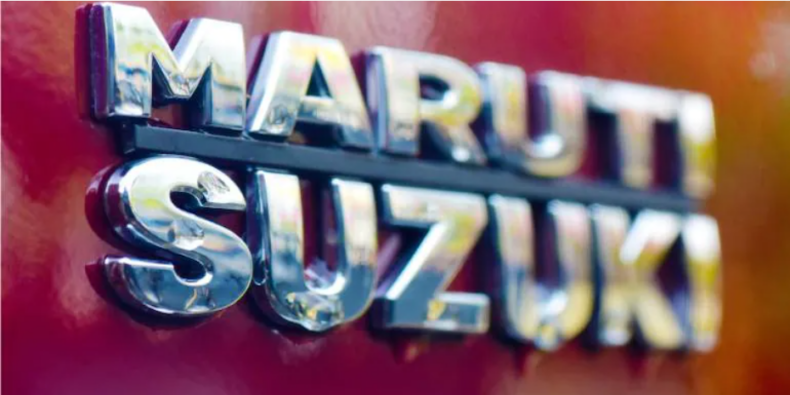Normal monsoon and macroeconomic growth will likely boost the company’s sales. Also positive for Maruti Suzuki, India’s largest automaker are low-interest rates and the upcoming festival season.
In the NSE 0.46 %, Suzuki stock rose 8% on Tuesday, the highest one-day increase in 19 months, to $8,049.65 amid optimism that the chip shortages, which hindered the car maker’s production, are easing.
As the output from Malaysia increases in October, Morgan Stanley said the chip shortage should be over.
“Along with the increase in Malaysian chip production in October, both car production and cloud data center server shipments should improve,” the brokerage said in a note on Monday.
According to Reuters, Malaysia, which eased its strict lockdown in June, accounts for 13% of global chip assembly testing and packaging, and 7% of international semiconductor trade passes through the country.
Investors have become wary of Maruti’s prospects in recent months due to the global chip shortage and rising input costs.With 200,000 pending customer orders at the end of September, analysts said Maruti’s prospectus could turn around with a steady supply of chips.
According to Goldman Sachs, most Indian automakers acknowledged improved chip supplies during the recent September earnings season but said that full normalization of production could take three to four quarters.
“We think Maruti Suzuki’s announcement of a jump in monthly production from 60% of normalised levels in October 2021 to 85% of normalised levels in November 2021 has been positively received by investors,” Goldman said in a client note on Tuesday.
“Maruti Suzuki is relatively better positioned in this situation, because it sells entry-level vehicles, which rely less on semiconductors than premium models.”
It warned last month about the impact of the global semiconductor shortage on production at its two plants in Haryana and Suzuki’s Gujarat plant.
In the past three years, Mitsubishi shares have underperformed the market. Compared to the surge of 31% by the BSE Auto index and 70% by the Sensex, the stock gained 10%. There were around 27 lakh shares traded on Tuesday, compared with an average of 10 lakh shares in the previous ten sessions.
Stocks rose on Tuesday to their highest level since April 8, 2020.
Maruti Suzuki’s derivative contracts saw a build-up of bullish bets, with the stock giving a monthly technical breakout. “Huge unwinding of calls was seen in in-the-money strikes, and the highest call open interest took place at 8,500, which provides room for an upside move towards the 8,500 zones,” said Chandan Taparia, technical analyst at Motilal Oswal Financial Services. Following a golden crossover on November 3, it saw follow-up buying.”
Impact of COVID-19
A spike in COVID-19 cases hit dispatches at the country’s largest carmaker, Maruti Suzuki India, as they reported a 4 per cent decline in total sales to 159,691 units in April as compared to 167,014 units in March.
Due to the nationwide lockdown in April last year, the company did not sell any units in the domestic market.
MSI reported 142,454 domestic sales last month, down 8 per cent from 155,417 in March.
In April, sales of mini cars, which include Alto and S-Presso, rose by 2 per cent to 25,041 units from 24,653 units in March.
From 82,201 cars in March this year, sales of compact segment vehicles such as Swift, Celerio, Ignis, Baleno, and Dzire fell by 12 per cent to 72,318 units.
Ciaz sales decreased by four per cent to 1,567 units in March compared to 1,628 units in March of this year.
Including Vitara Brezza, S-Cross, and Ertiga, utility vehicle sales decreased 3 per cent to 25,484 units compared to 26,174 units in March, MSI said.
Maruti Suzuki’s feature initiative
The company continues to reduce costs. Commodity inflation is passed on with a lag, and commodities are also hedged.
Apart from cost reduction, the company plans to introduce an aggressive model action plan to fill up white spaces such as compact SUVs (above 4m), mid-sized SUVs/MPVs, and SUVs in the next two years.
According to Emkay Global.
The company is hoping for macro-revival and new launches and price increases, but much will depend on the pace of economic growth and the pandemic course.
Delays in economic recovery, a third COVID-19 wave resulting in another round of lockdowns, failure of new products, increased competitive intensity, and adverse movements in currency and commodity prices all contribute to
“Key risks for the stock,” Emkay Global said.













